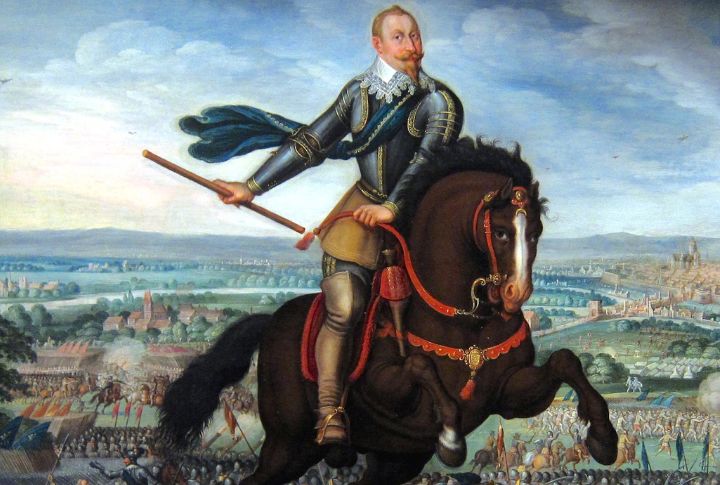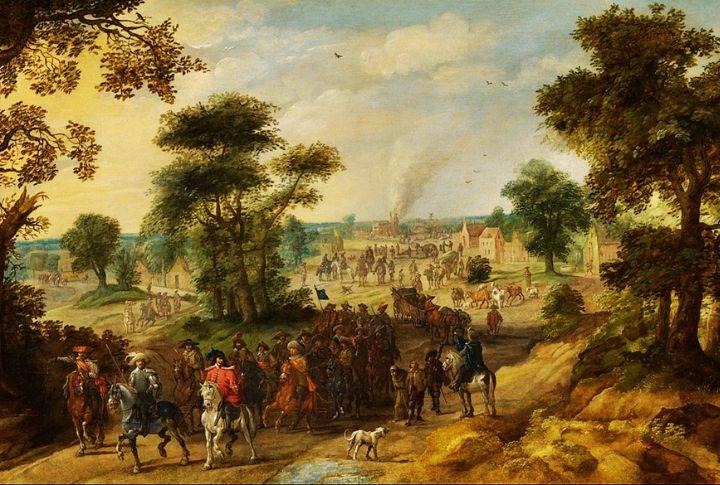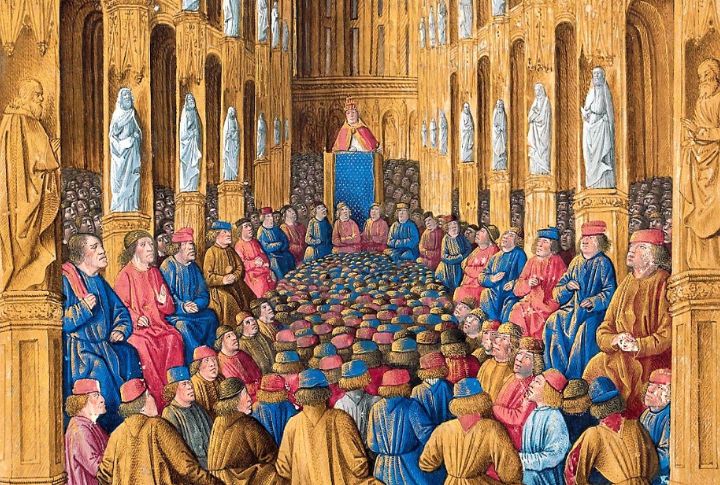
Though religion has positively shaped civilizations, inspired compassion, and offered meaning to billions, its legacy isn’t without shadows. At times, religious beliefs have been twisted into a tool of fear and control. The following moments reveal how deeply things can become destructive when a belief is used to justify the unforgivable.
The Spanish Inquisition’s Brutal Torture And Executions

Founded in 1478 to police religious purity, the Spanish Inquisition soon became infamous for brutal interrogations. Suspected heretics, often converted Jews or Muslims, were tortured into confessing crimes they never committed. Thousands were executed or imprisoned without fair trials, as fear and religious terror gripped Spain for centuries.
Religious Rivalry That Tore A Continent Apart

The Thirty Years’ War (1618–1648) devastated Central Europe, ignited by tensions between Catholic and Protestant states. It claimed millions of lives and reshaped borders through religious rivalry. Religious allegiance fueled brutal campaigns, with entire towns razed and civilian populations caught in the crossfire for decades.
Witch Hunts And Burnings In Early Modern Europe

Tens of thousands were executed as supposed witches from the 15th to the 18th centuries. Torture-induced confessions served as “evidence” in religious courts. With sermons fueling hysteria, entire communities turned against neighbors, convinced they were doing God’s work by purging satanic evil.
Forced Conversions During The Crusades

During the Crusades, non-Christians were given a stark choice: convert or die. Entire communities in the Middle East were massacred for resisting baptism, especially during the First Crusade. Religious leaders hailed these violent conquests as sacred missions, embedding forced faith into the machinery of war.
Religion’s Influence During The Rwandan Genocide

In the 1994 genocide, some religious leaders incited violence against Tutsi civilians, even turning sanctuaries into death traps. Priests and nuns aided or enabled killings within churches, once symbols of refuge. Trials later exposed how deeply religion was entangled in one of history’s most horrific slaughters.
Religious Opposition To Scientific Progress

Throughout history, religion has sometimes blocked scientific discovery, labeling new ideas as dangerous or heretical. In 1633, Galileo Galilei was tried for supporting heliocentrism, which contradicted Church teachings. Forced to recant, he spent his life under house arrest, and scientific progress in astronomy was stalled for generations because of this.
The Justification Of Slavery Through Religious Texts

For centuries, religious texts were weaponized to defend slavery. Clerics preached that enslaving others, like those of different races, was divinely ordered. Enslaved people were often coerced into adopting their captors’ faith, while abolitionists struggled to counter deeply rooted theological arguments that framed slavery as natural and sacred.
Hindu-Muslim Riots Fueled By Sectarian Leaders

Violent riots often erupt in India when opportunistic leaders stoke religious tensions. Events like the 2002 Gujarat violence left thousands dead, as rumors and incendiary rhetoric poured fuel on communal hatred. Religious identity, manipulated for political gain, also became both shield and sword in deadly clashes.
Destruction Of Indigenous Cultures By Religious Invaders

To conquerors, converting Indigenous people often meant erasing their way of life. They moved children from their families and placed them in religious schools. These little ones were also forbidden from speaking their native languages or practicing sacred traditions. The new religion forced on the people was a systematic erasure of culture and identity.
Child Marriage Justified By Religious Teachings

Child marriage continues under the guise of religious tradition. Clerics may argue that it preserves purity or honors divine law, although the girls lose access to education, health, and autonomy. Efforts to challenge the practice often clash with powerful religious institutions resistant to reform.

